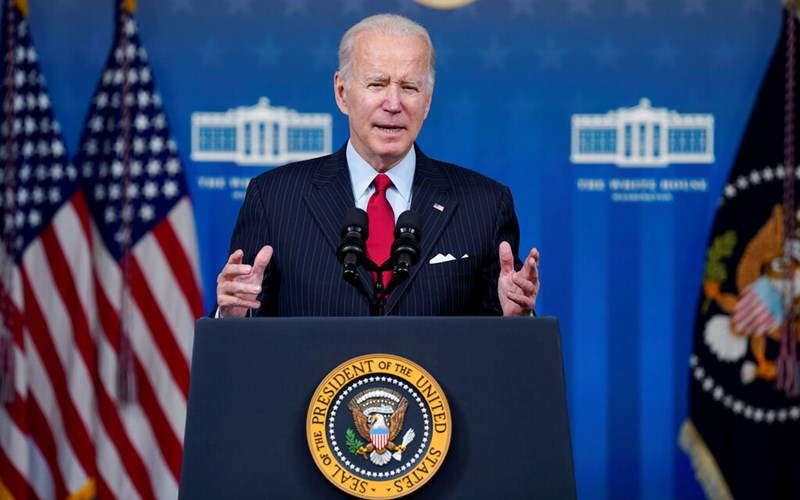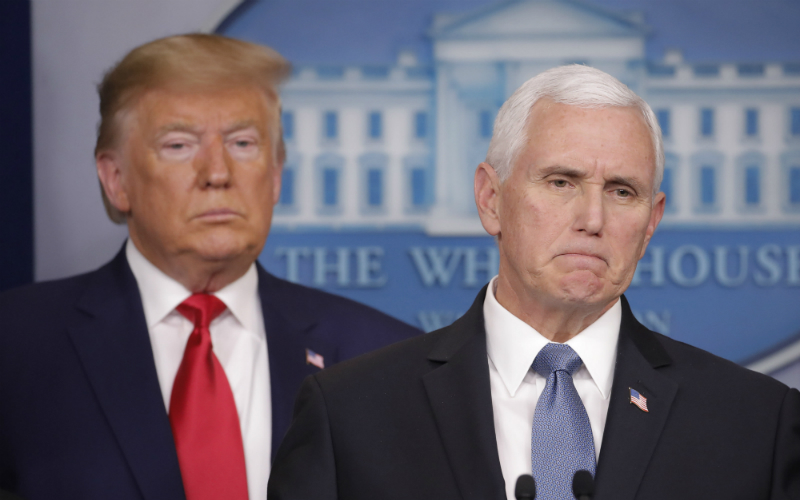Bob Moffit, senior research fellow at The Heritage Foundation's Center for Health and Welfare Policy, says giving the government power to negotiate drug prices -- which the Inflation Reduction Act does -- will guarantee fewer breakthrough drugs in the future.
"What the Congressional Budget Office (CBO) says is that under the terms of this law, it will be at least 15 fewer drugs over the next three decades," Moffit reports.
President Biden, however, remarked at the signing of H.R. 5370 that the Inflation Reduction Act will help, not hurt:
This means seniors are going to pay less for their prescription drugs while we're changing circumstances for people on Medicare by putting a cap — a cap of a maximum of $2,000 a year on their prescription drug costs, no matter what the reason for those prescriptions are.
That means if you're on Medicare, you'll never have to pay more than $2,000 a year no matter how many prescriptions you have, whether it's for cancer or any other disease. No more than $2,000 a year.
And you all know it because a lot of you come from families that need this. This is a Godsend. This is a Godsend to many families and so, so long overdue.
Moffit admits it sounds great that "everybody is going to get lower cost drugs," but a closer look at the details reveals that is not what should be expected.

Pointing to the Inflation Reduction Act, Moffit notes, for example, that if a drug research and development firm refuses to enter into agreement with the U.S. Department of Health and Human Services, then the drug research and development firm will be hit with an excise tax on 65% of the total sales for the drug.
"It starts at 65%, but under the terms of the law, it jumps to 95% over time," Moffit continues. "So in effect, this is not a negotiation; this is basically the government acting like Don Corleone, putting a gun to the head of the drug manufacturer and saying, 'You take this price, or you're going to face a punitive tax up to 95% of the total sales on that drug.'"







